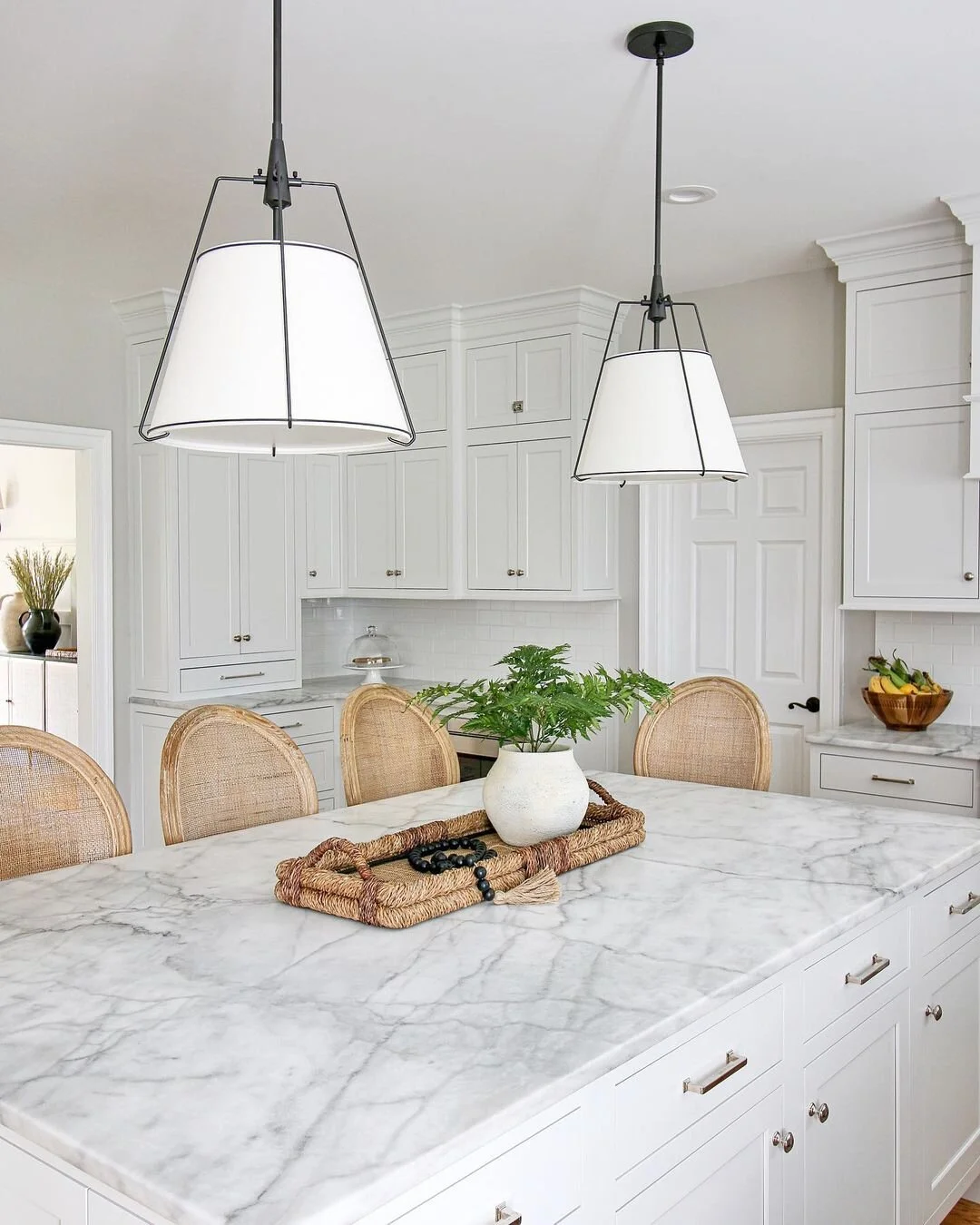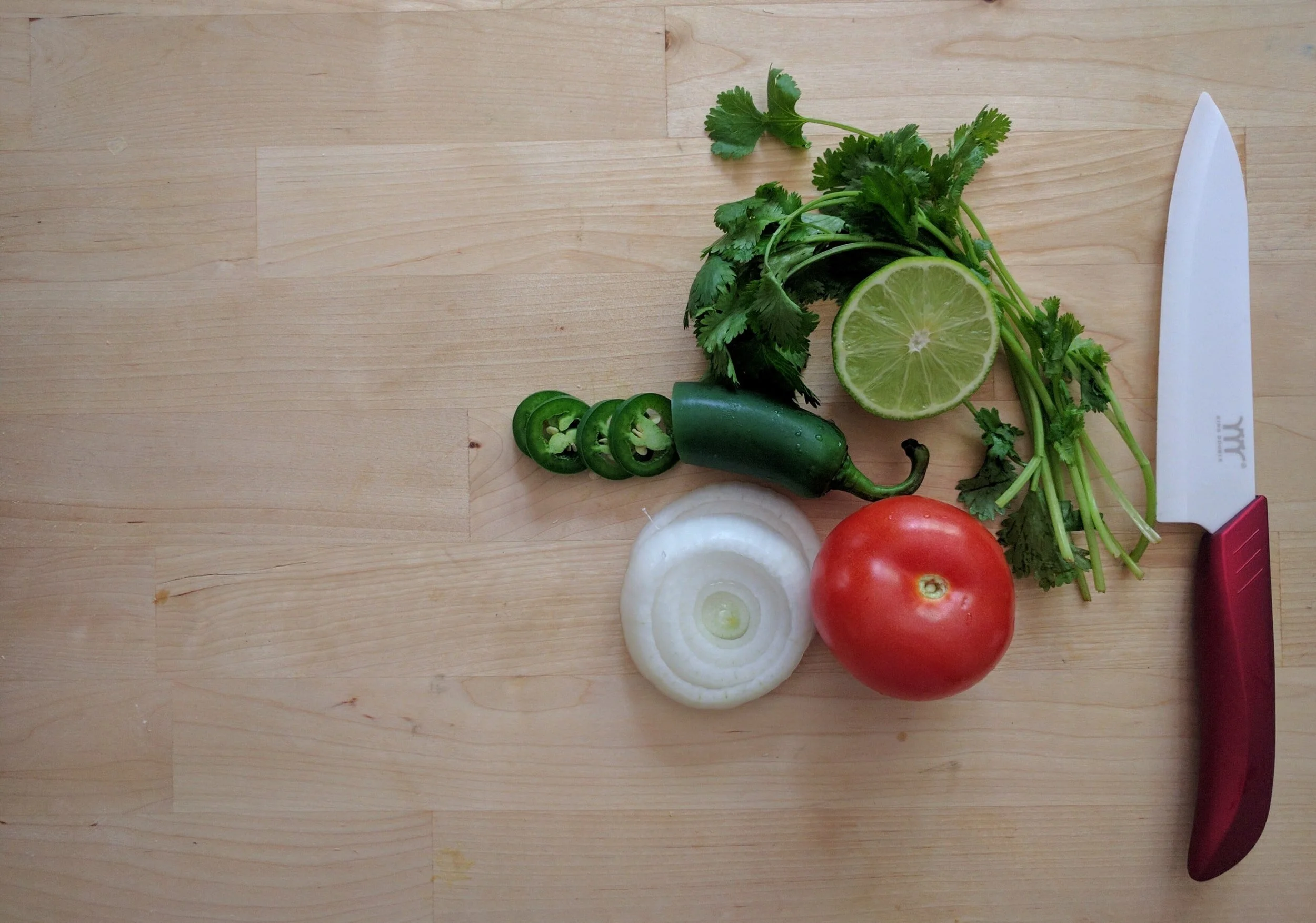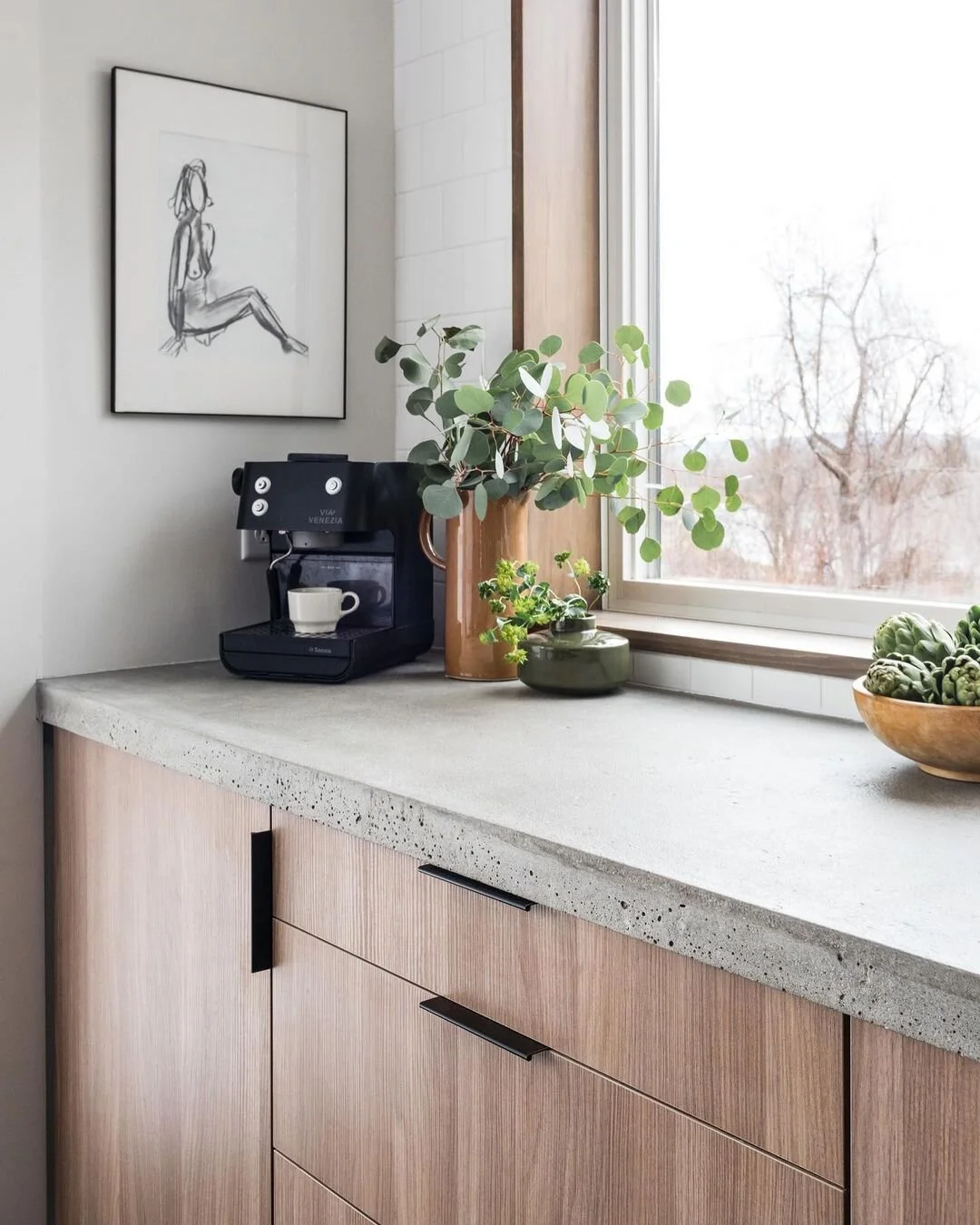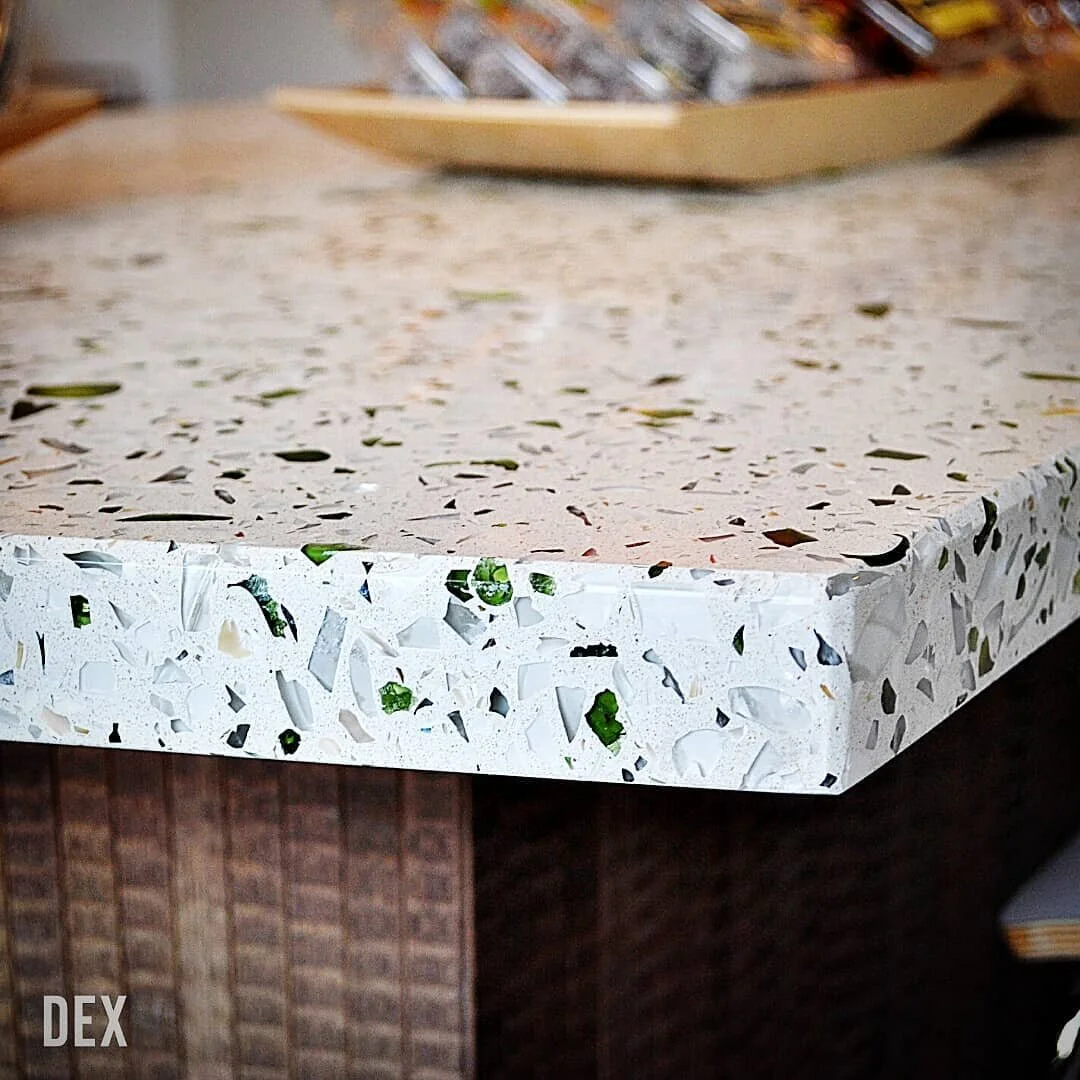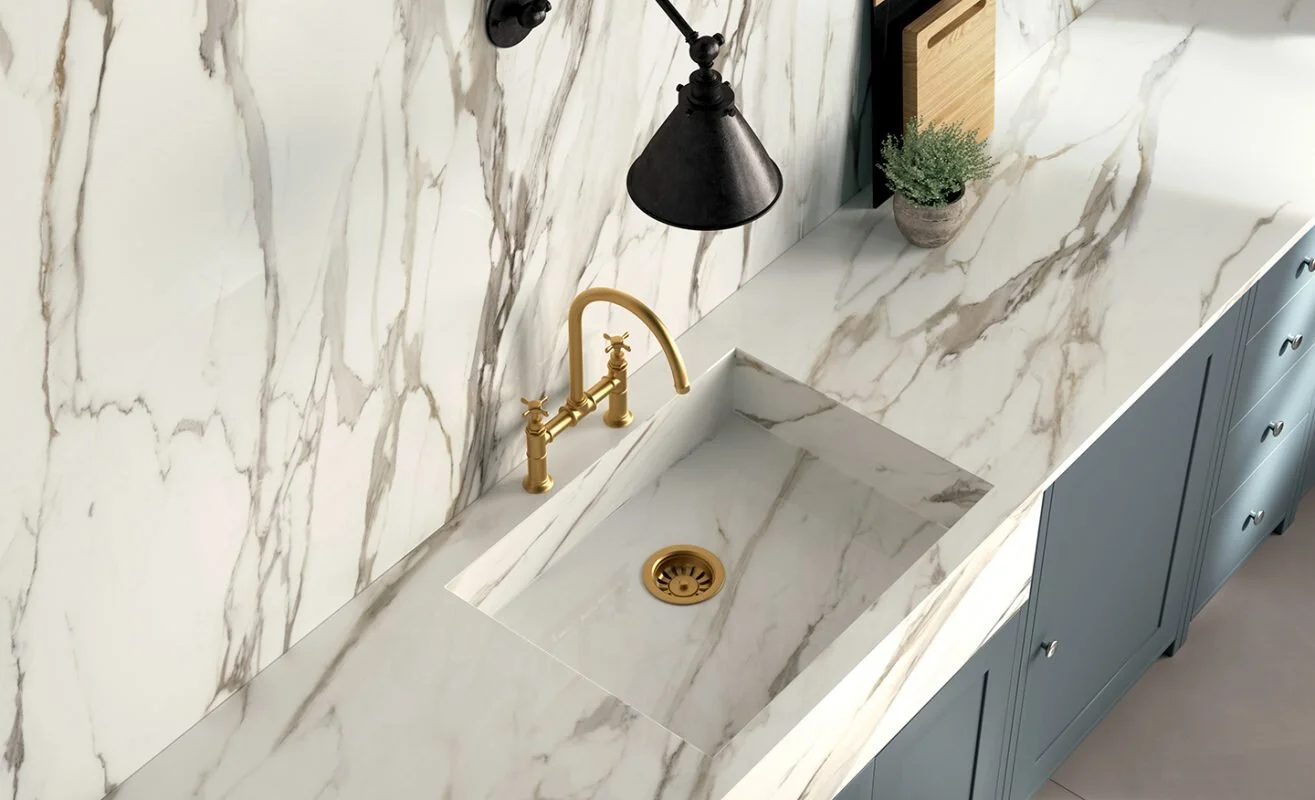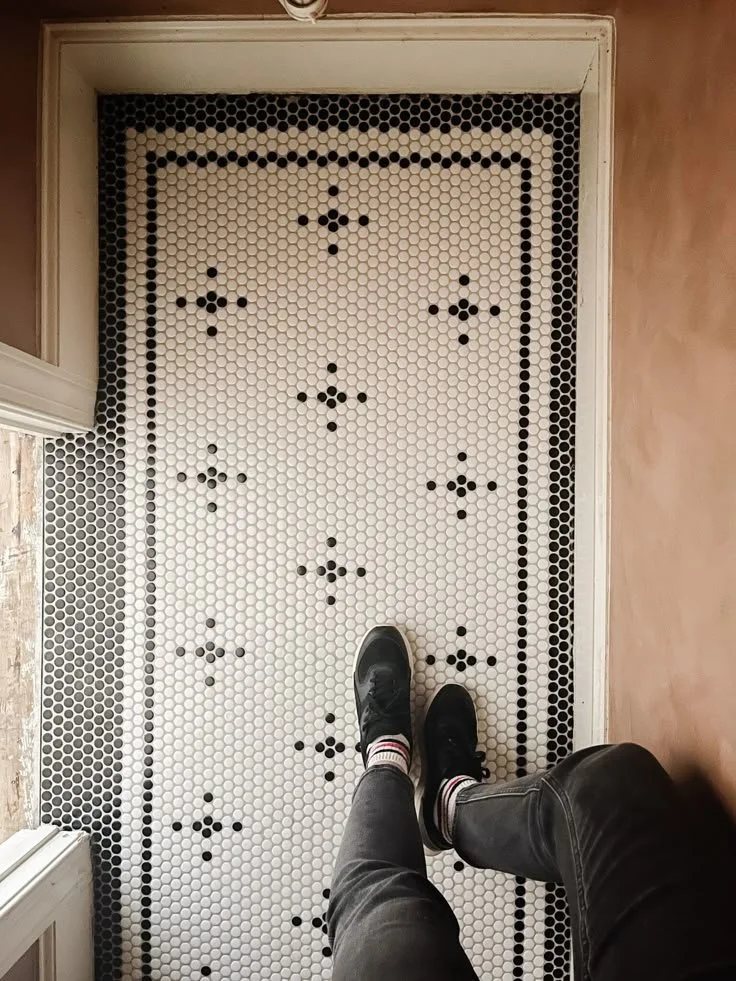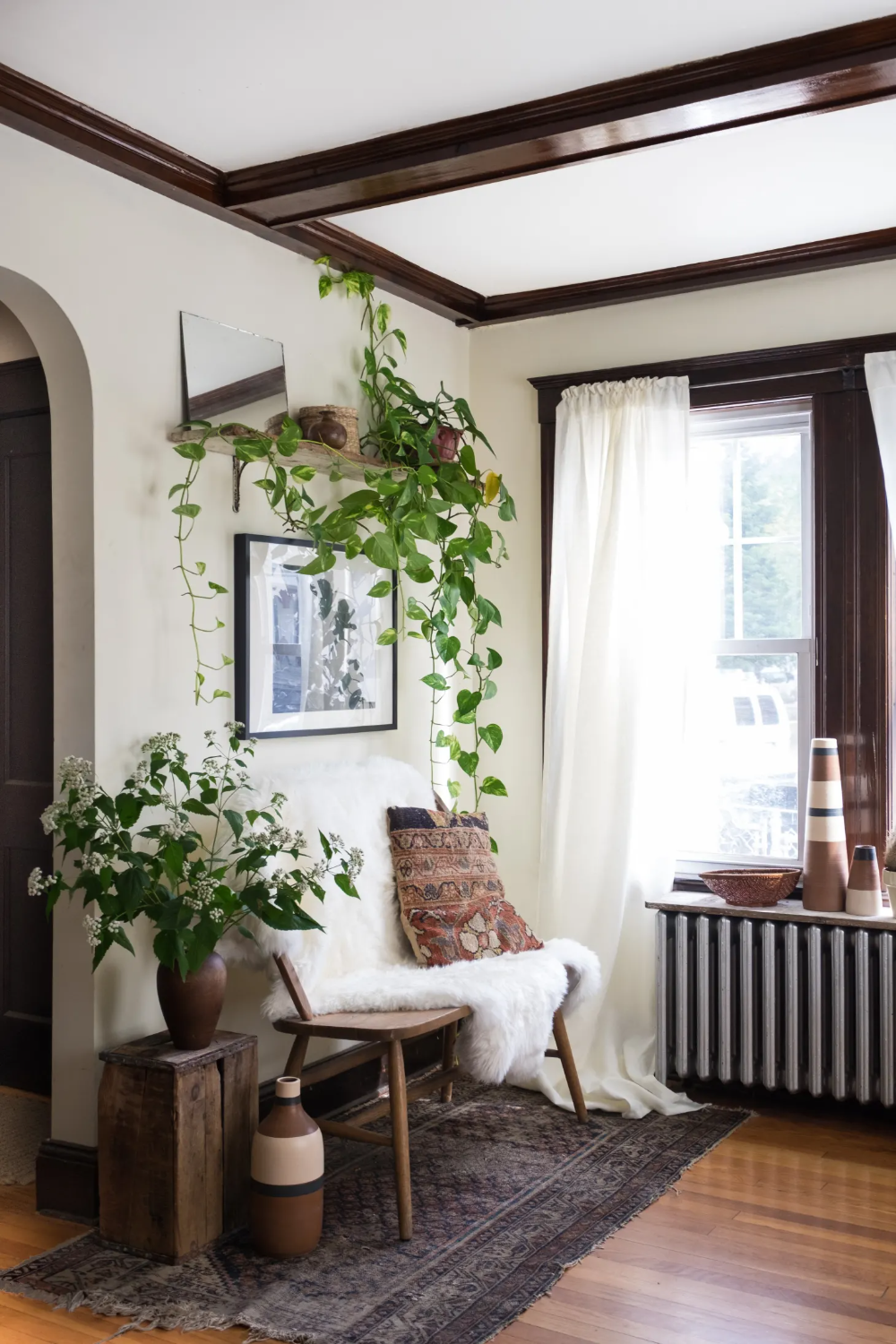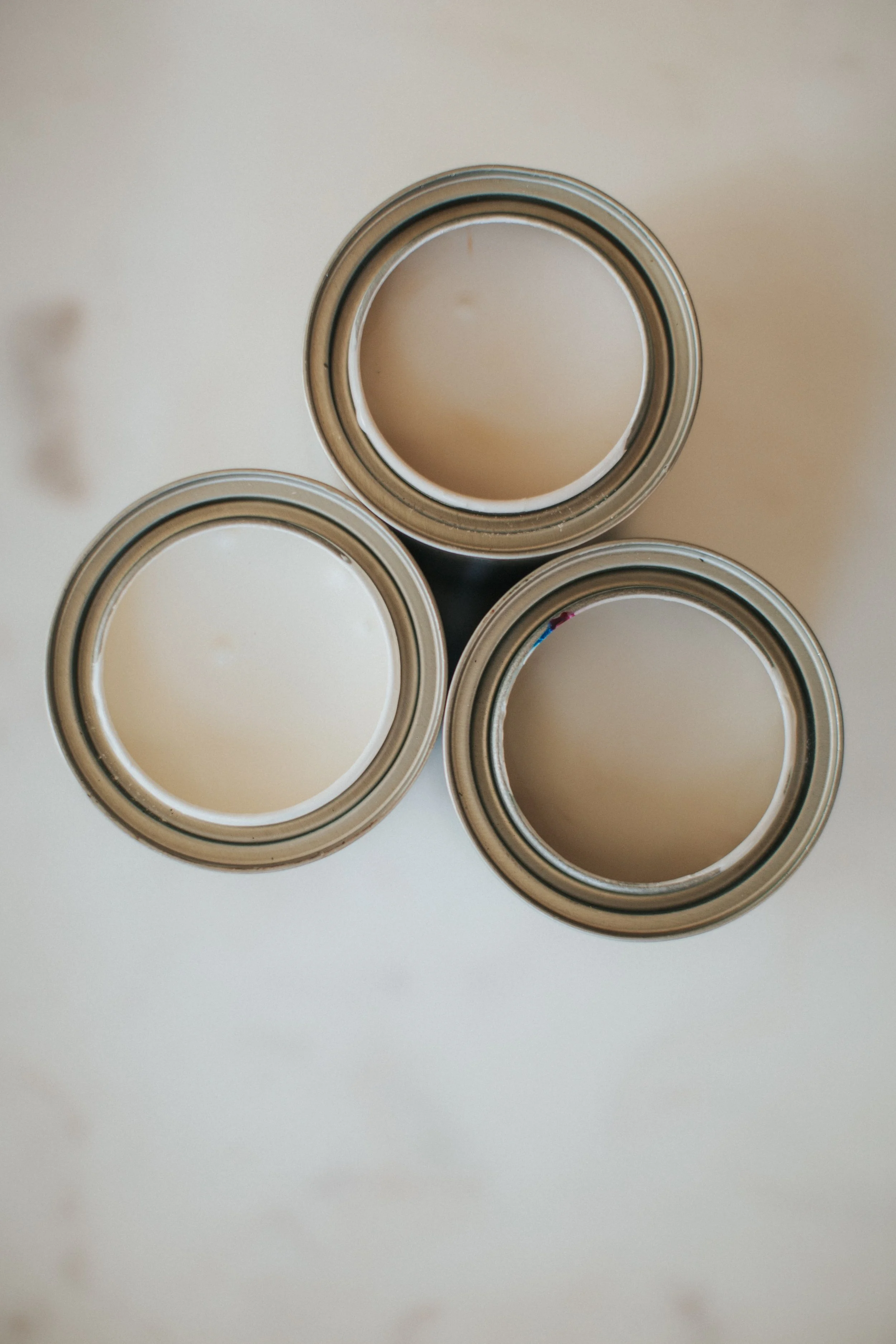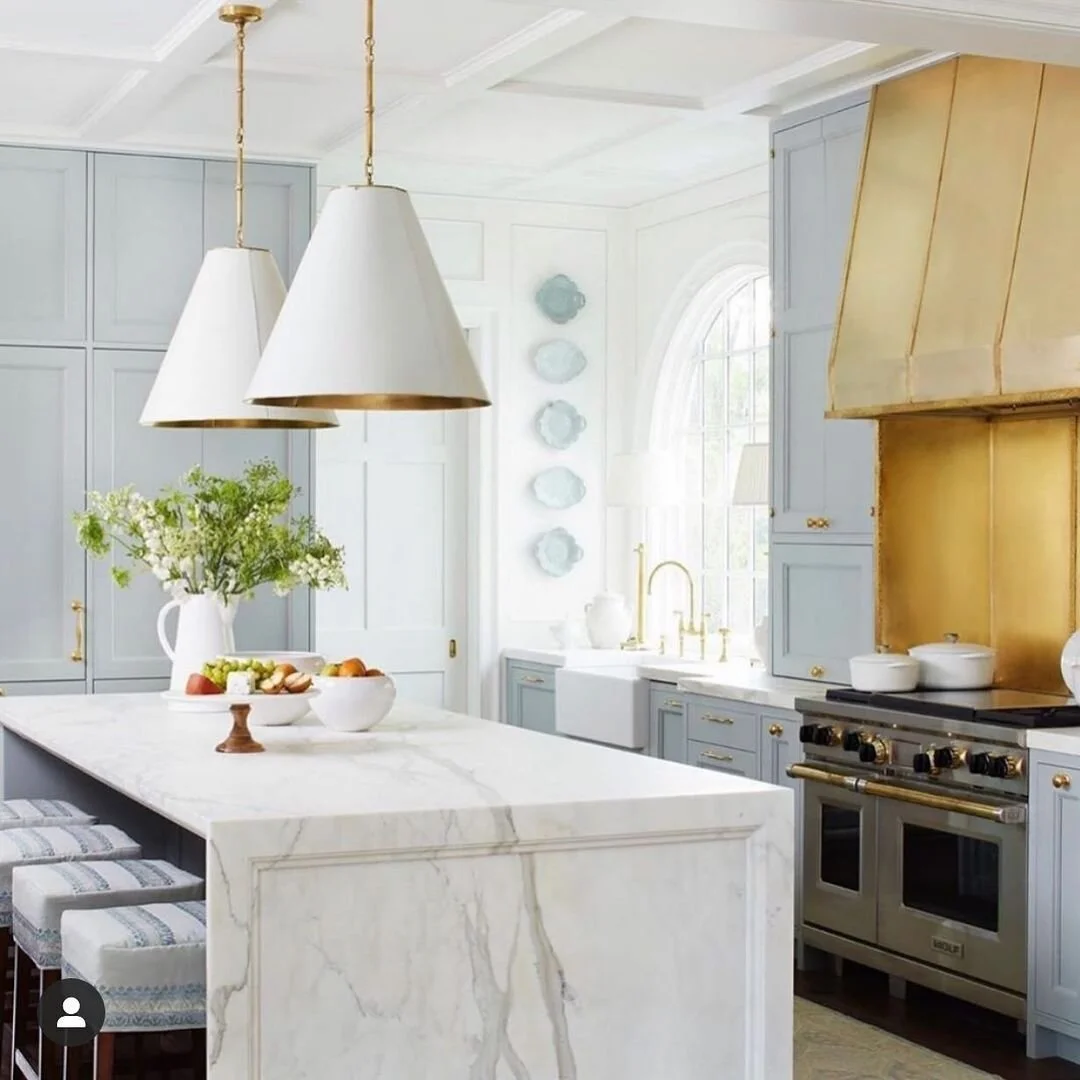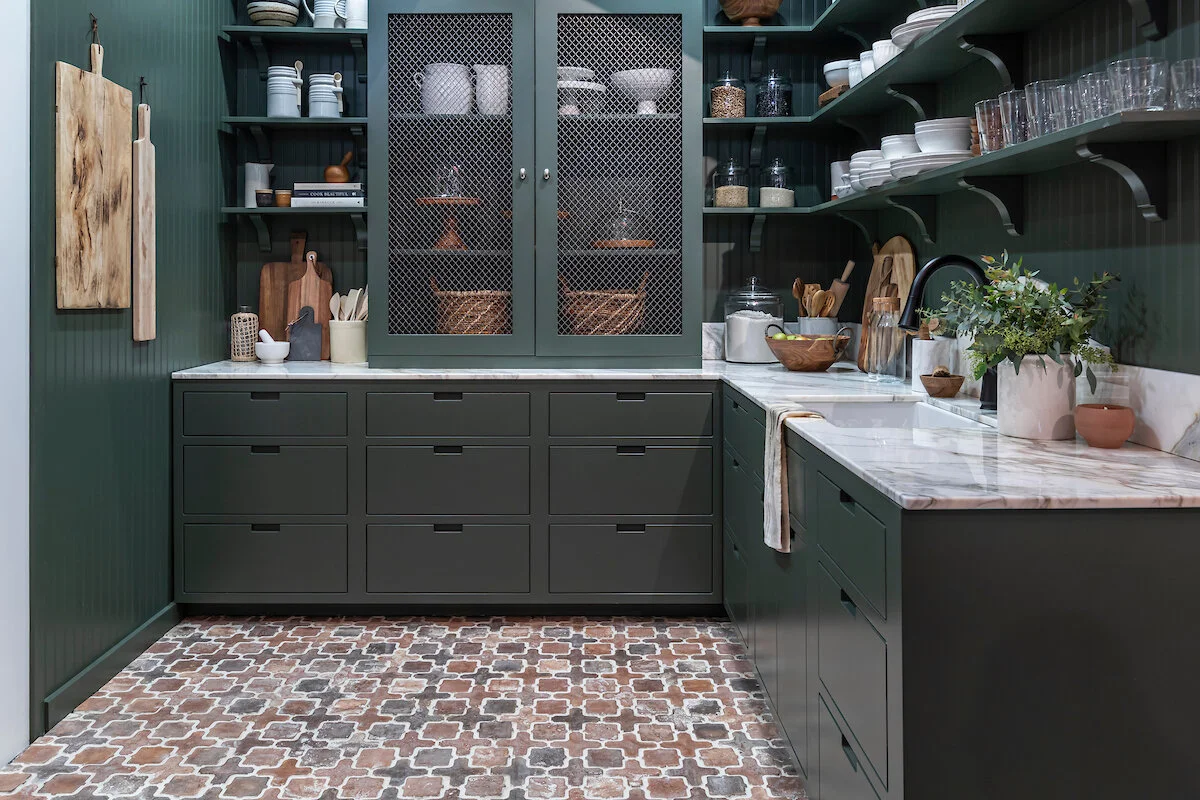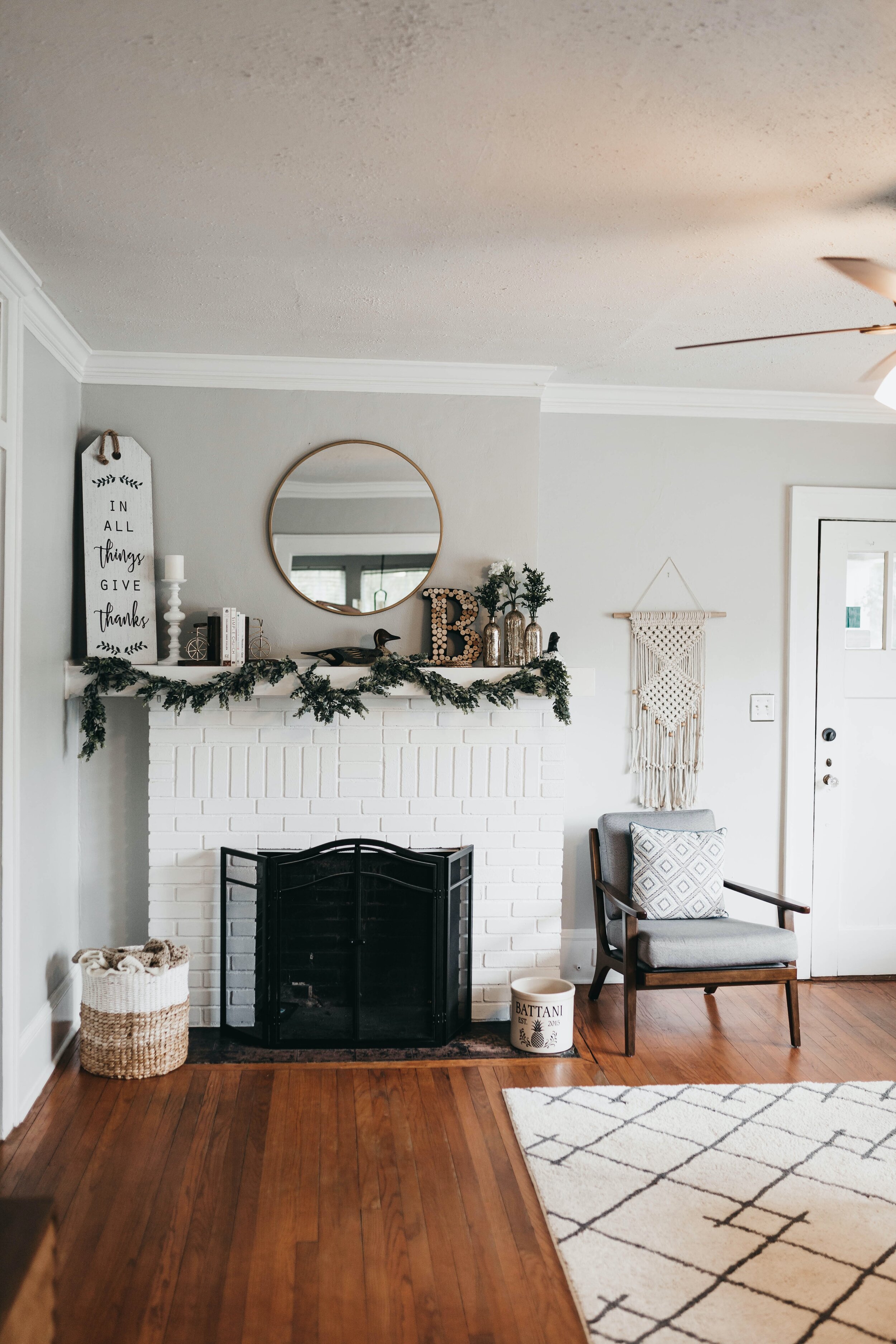Quick & Handy Guide to Countertops for Kitchen and Bath
If you’ve ever done a home renovation, watched HGTV, or wandered through the home section of any hardware store, you know that there’s so many different types and styles of countertops. You might have seen these countertops but haven’t really experienced living in a house that has a certain countertop as a feature. From countertops that will age beautifully with time and normal everyday use, to those that are nearly industructable, each type has its pros and cons, and there are so many options to choose from!
I wanted to talk about countertops today because I think so many home renovators may find themselves unsure where to start. How do you balance look with price and maintenance concerns? Which counters are best for certain spaces? Below is a quick and handy guide to each type so that you’ll be armed with knowledge when you get started. Plus, at the end of the post you’ll see a free downloadable guide to give you the basics on these types!
Natural Stone
Investing in natural stone countertops is a long-term investment in your kitchen. These countertops offer unparalleled beauty complete with functionality and durability. Natural stone countertops can also be seen as works of art and each piece is truly an original.
One of the cons of natural stone countertops is that they scratch and stain a bit easier than other types of countertops. Marble is one of the most common but one of the least durable. H
While granite is a harder material that is generally scratch-resistant, you do need to watch out for staining. All natural stone countertops are susceptible to stains if not sealed regularly or if improper cleaners are used on them. And the best cleaners? Usually clear, non-dyed dish soap and clean warm water works great, but there are cleaners on the market specifically for natural stone also. Re-seal countertops every 3-5 years. If you notice water stops beading up on the surface of your countertop and seems to be soaking in, it’s time to re-seal.
NATURAL STONE COUNTERTOPS ARE MOST COMMONLY MADE OF THE FOLLOWING MATERIALS:
Granite
Marble
Soapstone
Limestone
Less common materials: Slate, Onyx, Quartzite, Travertine
Photo source: Stefana Silber
Engineered Stone
Unlike natural stone countertops that are cut from pure granite, marble or sandstone, engineered stone counters are made from quartz crystals held together with a resin binder. They have a similar appearance to natural stone, but they possess benefits not available with natural materials.
For example, engineered stone countertops tend to be more durable and long-wearing than their marble or natural stone equivalents.
However, depending on the look you are going for, engineered stone can get to be quite pricey.
ENGINEERED STONE COUNTERTOPS ARE MOST COMMONLY MADE OF THE FOLLOWING MATERIALS:
Quartz
Solid Surface
Laminate
Wood (Butcher Block)
Butcher Block takes the natural longevity, beauty, and flexibility of wood to create the perfect countertop for all household chefs. Most wood countertops are made from maple, though oak, cherry, walnut and teak are also used. Eco-friendly bamboo is gaining a lot of popularity as well since bamboo is a natural wood that grows relatively quickly.
True butcher block, made from strips of wood bonded together, becomes hard enough to be a durable work surface but also is self-healing enough for daily use. It is the only countertop material that is recommended for slicing and chopping directly on the counter. In fact, many kitchen cutting boards are produced in the same way.
However, placing hot pots and pans directly on the butcher block surface is one of the most common mistakes homeowners can make. It is also one of the most problematic. The hot items can burn and even crack the wood, leaving permanent damage, in most cases. Another common mistake with butcher blocks is leaving excess water and moisture build-up on the countertop surface. The water can stain the wood or create water rings, which can be challenging to remove. So, I don’t recommend Butcher Block countertops for bathrooms or near the sink in kitchens. It’s great for kitchen islands, craft rooms, offices, laundry rooms, and dry bar areas. Oiling and conditioning the wood as part of a maintenance routine will be essential.
Design by Shannon Tate Interiors, Photo by Joyelle West
Concrete
Concrete countertops are quite unique by nature. They are manufactured by humans, and the technology and techniques are available to produce concrete countertops in nearly any size, shape, color and with any texture or finish imaginable. However, concrete countertops, much like natural stone, are porous, and can soak up anything from oils and water to stains. Concrete countertops are always recommended to be sealed upon installation, and should also be cleaned with pH-neutral cleaners.
Concrete can also have glass or agate-like stone pieces mixed into it, which creates a product commonly known as Terrazzo. Terrazzo is used throughout residential and commercial spaces as a way to bring a softness to an otherwise typically industrial material.
Photo source: DEX Concrete
Porcelain
Porcelain is like the new kid on the block when it comes to countertops. New innovations in manufacturing have made it possible to create large slabs of porcelain (almost like tile) that are suitable for countertops.
Because porcelain has an innate hardness while also being lighter in weight than a typical countertop slab, it has gained a lot of popularity for renovation projects. However, the overall durability of porcelain is why I personally wouldn’t recommend it. If you’ve ever dropped a tool in a sink basin, toilet, or bathtub, you know that porcelain will chip, scratch, or crack from blunt force. This is partly due to the hardness of the surface. With natural stone products, chips are often easy to repair, or buff out. However, with porcelain most breakage will leave sharp jagged edges and require professional repair to successfully restore the surface.
Have a design or material question you want me to answer? Leave your questions in the comments below!
Here’s a free download!
Get a handy printable cheatsheet you can take with you when you shop for countertops! It has all of the basic things to know when looking for your perfect countertops!
Just enter your email and you’ll get the link immediately!


